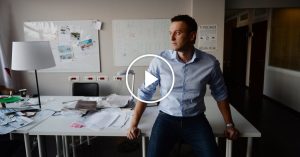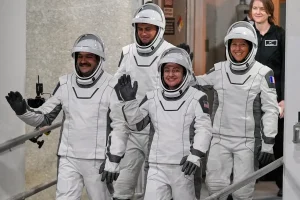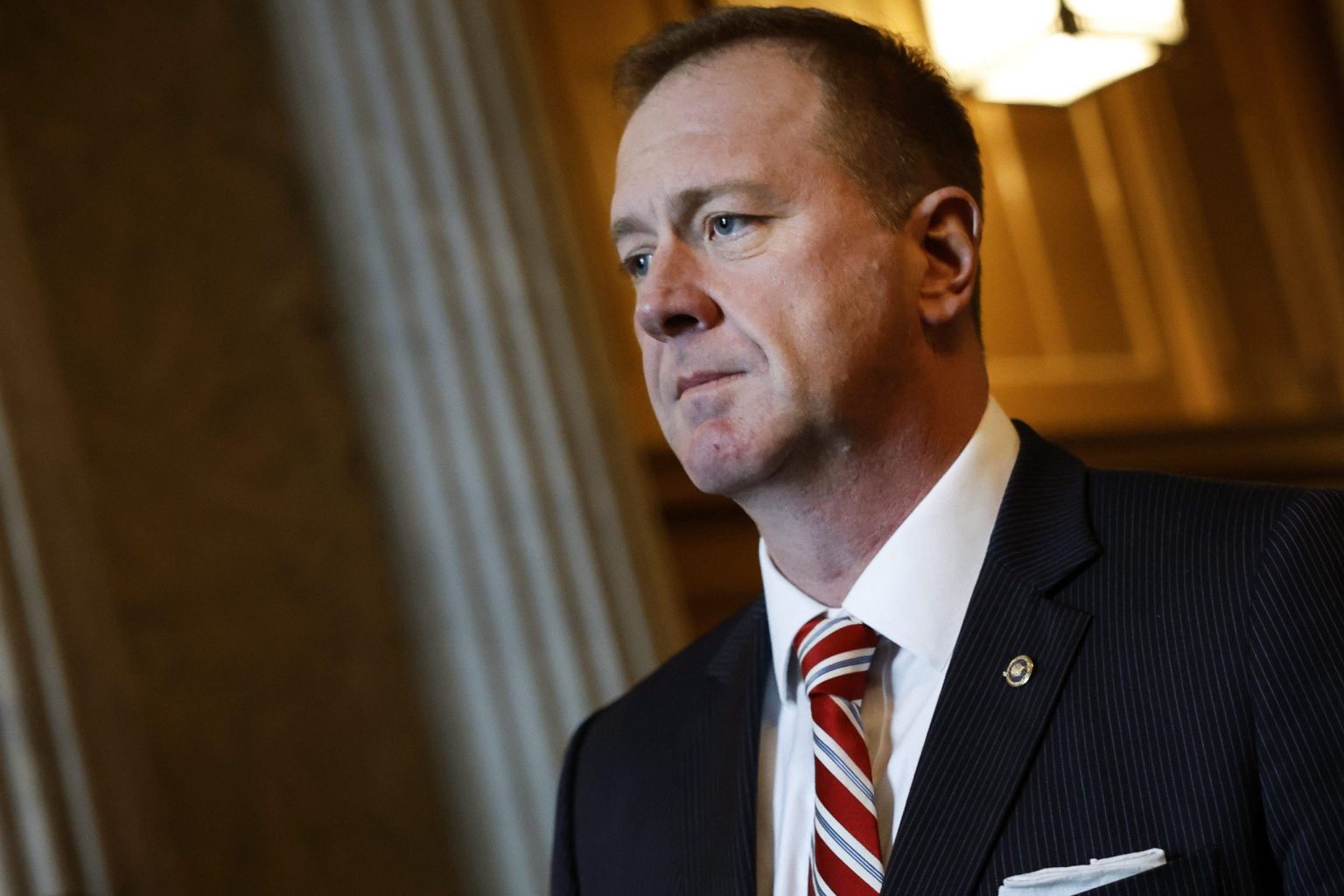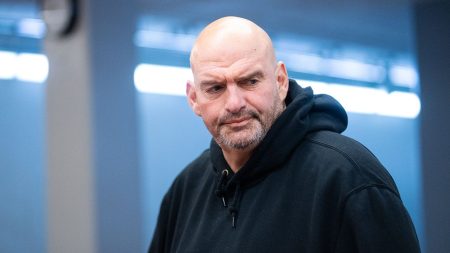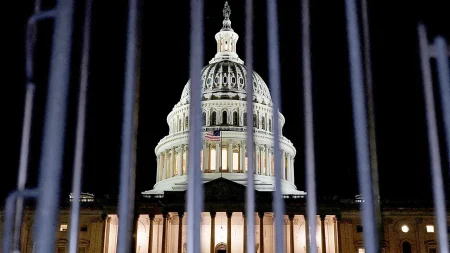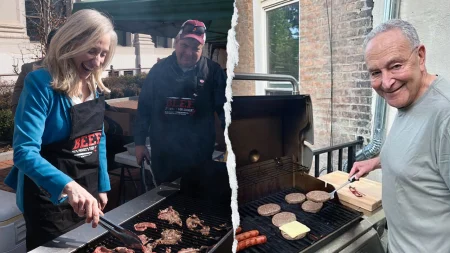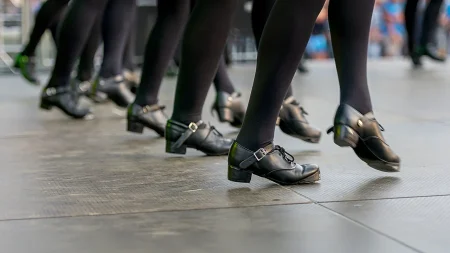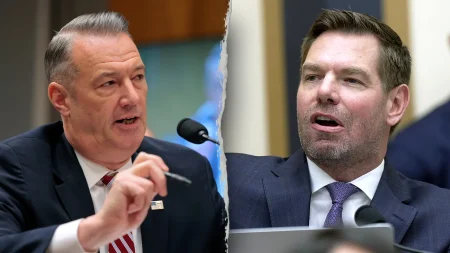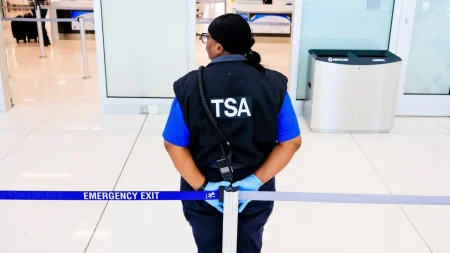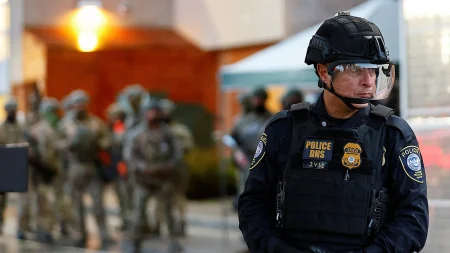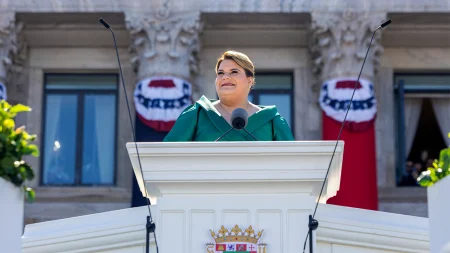The debate surrounding the H-1B visa program in the United States has intensified, with Senator Eric Schmitt (R-MO) voicing strong concerns about its alleged abuse and negative impact on American workers. Schmitt argues that the program, designed to allow U.S. companies to hire foreign workers in specialized fields, has been exploited, leading to displacement of American workers and suppression of wages. He contends that many Americans are being forced to train their foreign replacements, a situation he finds particularly troubling. This perspective contrasts sharply with recent calls from figures like Elon Musk and Vivek Ramaswamy for increased immigration of high-skilled workers.
Schmitt’s critique centers on the perceived displacement of American workers, particularly those in white-collar jobs. He paints a picture of factory workers losing their jobs to overseas competition, and their children, who have pursued higher education and white-collar careers, subsequently losing their jobs to foreign workers brought in through the H-1B program. This, he argues, creates a vicious cycle where Americans are continuously undermined in the job market. He advocates for reforming the H-1B system to eliminate abuses, prioritize merit-based selection, and ensure that American workers’ wages are not undercut. He points to former President Trump’s 2020 proposals as a model for such reform. Schmitt believes the focus should be on investing in American workers and prioritizing their needs in the job market.
The debate about the H-1B visa program is intertwined with broader discussions about immigration policy. Schmitt defends Trump’s stance on deportations, arguing that it aligns with long-standing U.S. law. He contends that the current administration’s approach to immigration enforcement represents a departure from established norms. He asserts that for two centuries, U.S. policy has been to detain and deport individuals who enter the country illegally, unless they have a valid reason for remaining, such as a legitimate asylum claim. He further claims that a vast majority of asylum claims are fraudulent, reinforcing his argument for stricter enforcement.
The opposing viewpoint, championed by Musk and Ramaswamy, emphasizes the need for more high-skilled workers to bolster the American economy and maintain competitiveness in the global market. They suggest that American culture has become complacent and that importing skilled labor is necessary to address this perceived stagnation. Ramaswamy, in particular, has provocatively argued that American culture has glorified mediocrity and that the influx of skilled workers would inject a much-needed dose of excellence. This perspective clashes directly with Schmitt’s concerns about protecting American jobs.
The clash between these viewpoints highlights a fundamental tension in the immigration debate. On one side is the concern for protecting American workers and preventing job displacement, while on the other is the desire to attract global talent and maintain a competitive edge in the global economy. This tension has played out in various policy debates, including those surrounding the H-1B visa program and broader immigration reforms.
This debate has also ignited an intra-MAGA battle, with Trump’s restrictive stance on immigration contrasting with the more open approach advocated by Musk and Ramaswamy. Trump’s previous actions, including restricting access to foreign worker visas during his first term, align with Schmitt’s concerns. This internal division within the Republican party underscores the complexity of the issue and the differing perspectives on how to best address the challenges and opportunities presented by immigration. The debate is likely to continue as the country grapples with the complexities of globalization, technological advancement, and the evolving needs of the American workforce.

